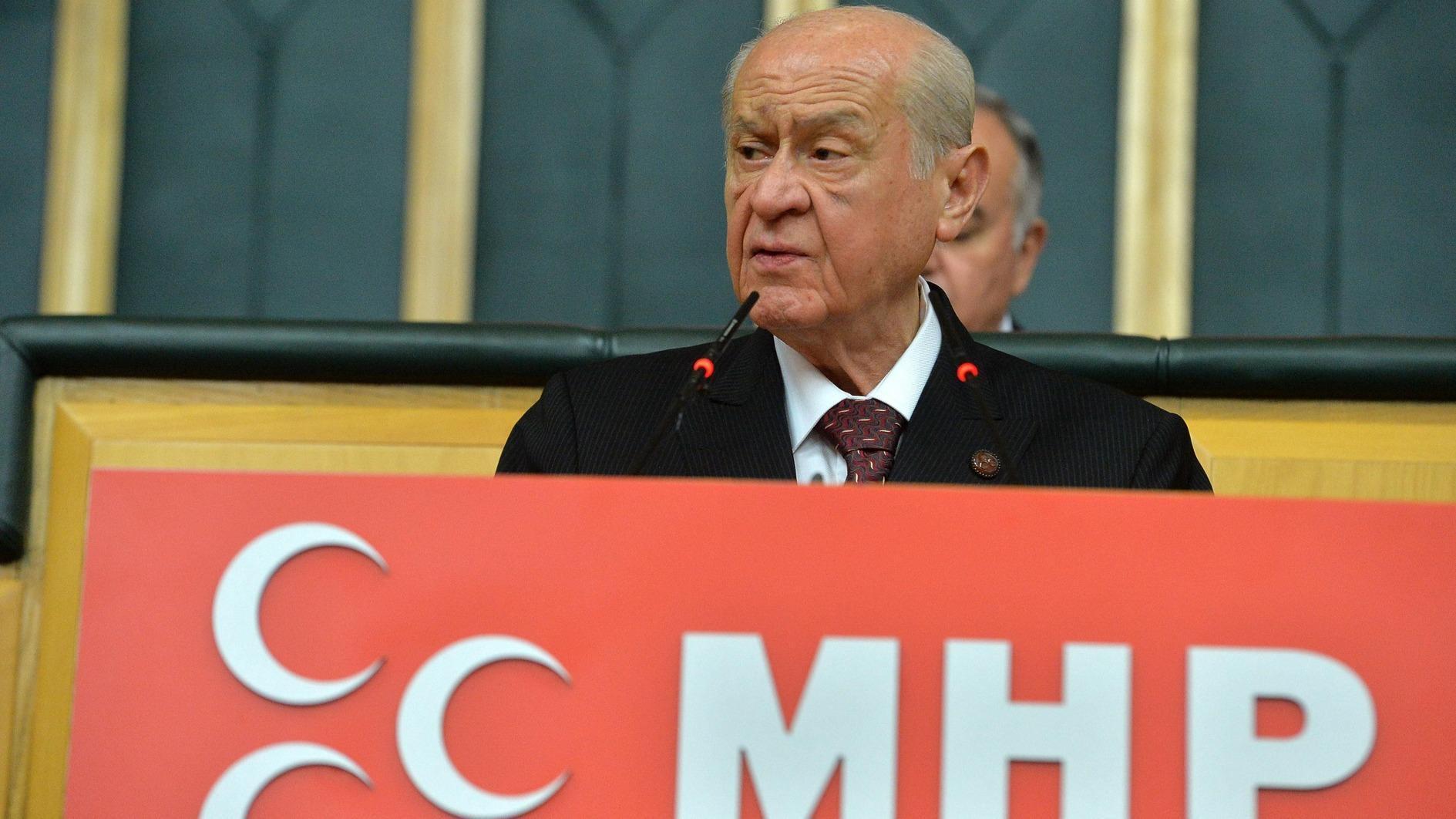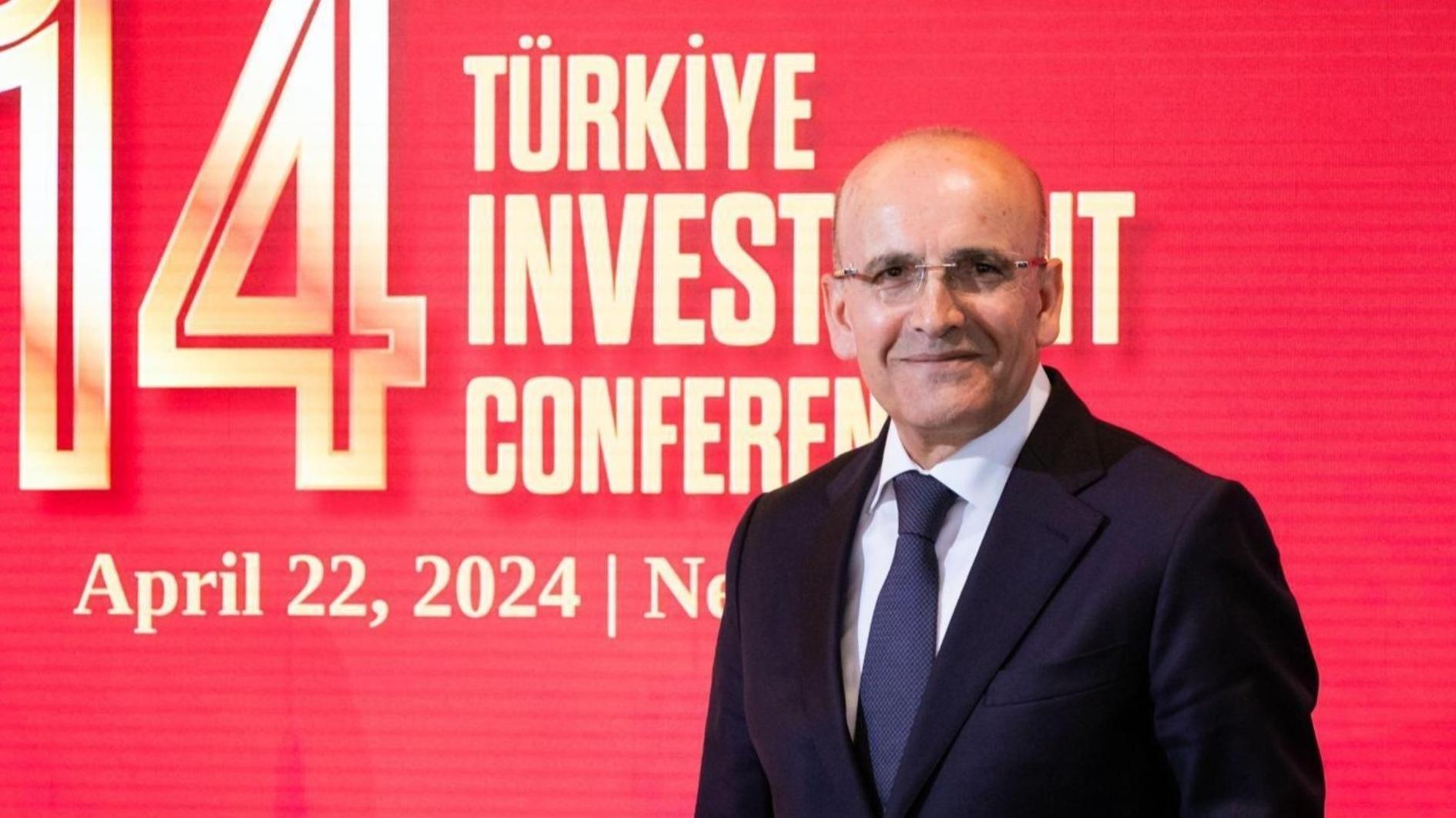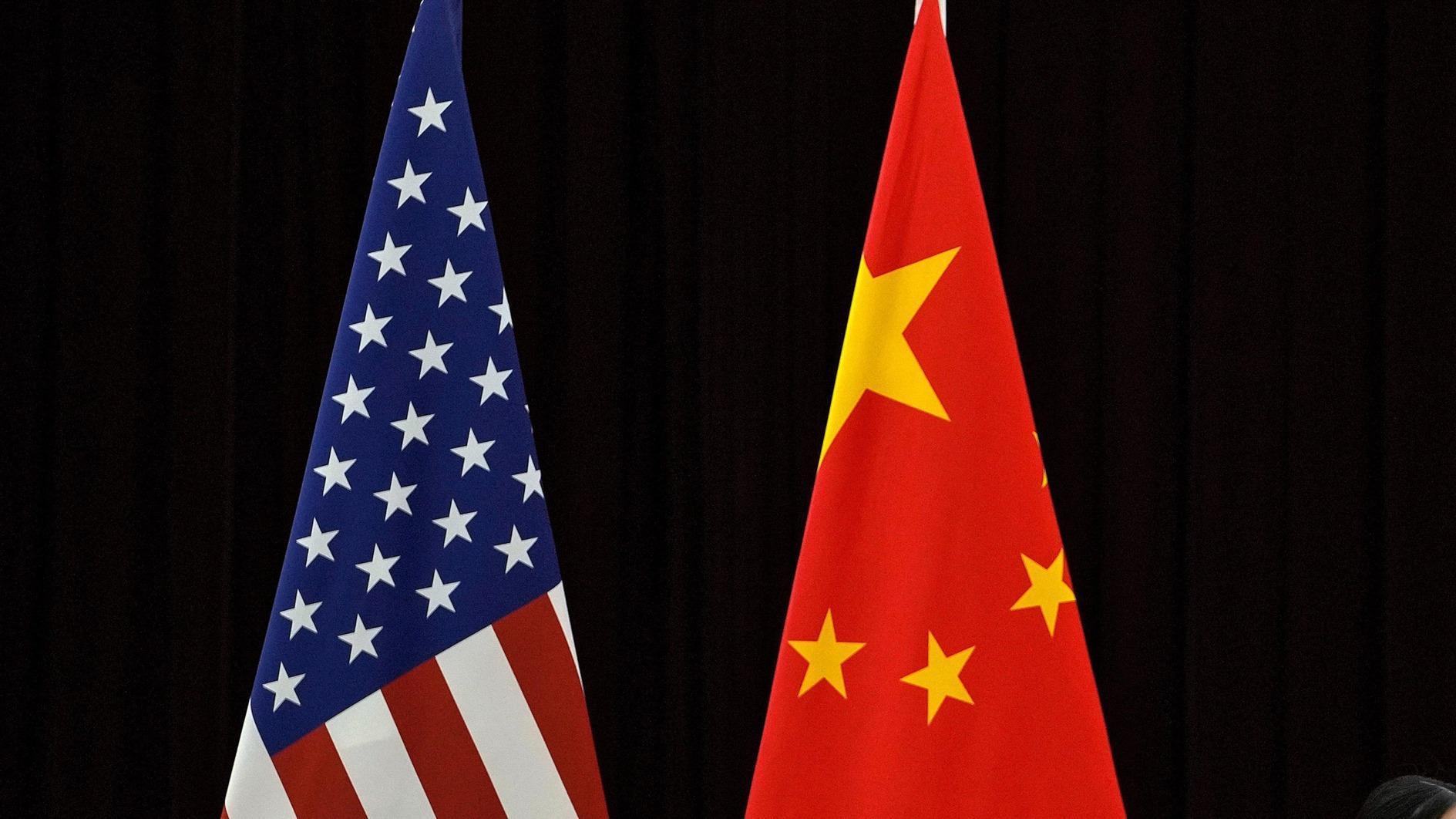Ripple effects of ecclesiastical accord in Athens reach Phanar
Standing on the ancient, worn-out steps at the entrance of the Greek Orthodox Patriarchate at Phanar last week, I thought this could be a rare moment when one could witness a historic event, or to put it more correctly, witness the beginning of a process that could lead to historic change.
We were a small group of Greek reporters based in Istanbul. We had been called by our media outlets to rush and cover the story. We were all anxious and curious, as the Greek government official we were waiting for was hopefully going to clarify a matter that had flared up suddenly only days before: Relations between the Orthodox Church of Greece and the Ecumenical Patriarchate at Phanar were a stake.
The official who was sent in great hurry by the Greek government was Greek Minister of Education Kostas Gavroğlu, whose mission was to “inform and explain” the details of an unexpected agreement between the Greek government and the leadership of the Autocephalous Church of Athens, purported to solve “age-old problems between the church and the state relating to church property and the financial and administrative status of the clergy.”
The initial agreement between the Head of the Greek Church, Archbishop Ieronymos II and Greek Prime Minister Alexis Tsipras was announced before the media with both leaders standing side-by-side sending a message of equal status, which was criticized by opponents of the prime minister and the archbishop.
The new “15 point-plan” was to be part of a series of extensive constitutional amendments proposed by the Greek government. A highly heated debate on these proposed amendments began yesterday in an explosive atmosphere in the Greek Parliament, where Tsipras was confronted by the whole spectrum of political parties, from the communist left to the ultra-nationalist right.
Gavroğlu, an Istanbul-born Greek with an impressive academic background was sent to Phanar to Istanbul on a firefighting mission. After unconfirmed rumors that Patriarch Bartholomew was not happy for being left out from secret negotiations in Athens between the church and the state, Gavroğlu was assigned with the task to alleviate the tension talking face-to-face with the Ecumenical leader of the Greek Orthodox Church.
The Patriarchate in Phanar had every reason to feel sidelined as it still retains its ecclesiastical authority over a significant number of churches in Greece although they are administered by the local clergy.
As it turned out, his meeting with Patriarch Bartholomew lasted almost two hours, and afterwards, Gavroğlu tried hard to convince us this meeting had “long been arranged.” He also said “there was no shadow in relations with Phanar,” “there is no agreement yet, but a framework of an agreement to be discussed in detail” and that it is “an issue regulating the different views.” Furthermore, he insisted on the “historical significance of the agreement.”
All of us present during Gavroğlu’s visit at Phanar, kept more or less the same line, i.e. that it was mainly a peacemaking mission, which was initially received with an open mind by the Patriarch.
However, and here is where Greek and Turkish media sometimes meet for the wrong reasons—the stormy part of the story broke out the next day.
A known veteran, Greek columnist and strong critic of the Tsipras government claimed exclusive knowledge of the angry dialogue between the Patriarch and the minister. In his column, he claimed among others, that Bartholomew had complained that “Tsipras does not respect him as much as President [Recep Tayyip] Erdoğan!”
In a matter of hours, an official denial came from the Patriarchate stating that the so called “dialogue” in Phanar “has no relation with the truth.” Another official denial followed shortly afterwards from the Greek education minister.
But the matter did not end there. The first part of the story, in other words, the claims of a big row flared out between the Patriarch and the minister appeared in several Turkish websites and was printed on the following day’s editions.
No mention was made of the double denial. Thus, the story took an entirely different spin for Turkish readers and remains so until today.
We will have to wait until the 27th of this month when the Holy Synod of the Patriarchate will convene and decide on its position on this major recalibration of relations between the Church and the Greek state. Only then will I decide whether we really witnessed the start of a historic process last week.











